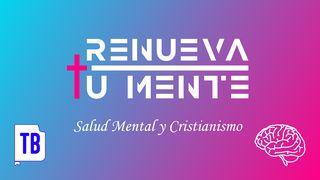The Heart Of Paul’s Theology: Paul And His TheologyMuestra

Development of Paul’s Eschatology: Mark 10:30
You’ll recall that in traditional Jewish eschatology the turning point between this age and the age to come was the appearance of the Messiah. For centuries the Jews had believed that when the Messiah came God’s people would immediately receive his full blessings, while his enemies would meet immediate destruction. As a follower of Jesus, however, Paul faced a serious challenge to this longstanding belief. He knew that Jesus was Israel’s Messiah — but he also knew that Jesus had not brought the world to a climactic end as Israel had expected. Like Jesus himself, and like the rest of the New Testament, Paul answered this problem by modifying traditional Jewish eschatology.
As Paul explained it, the transition from this age to the age to come was not a simple shift from one age to the next. Instead, it involved a period of overlap when both ages occurred simultaneously. From his point of view the age to come had been inaugurated through the death, resurrection and ascension of Christ. Paul was also confident that when Christ returned in glory this evil age would end, and the age to come would arrive in all its fullness with ultimate blessings for God’s people and final judgment for his enemies. In the meantime, however, both ages — this age and the age to come — exist alongside each other.
Escritura
Acerca de este Plan

This reading plan explores Paul's theology, how his beliefs related to his ministry as well as his central theological outlooks.
More
Planes relacionados

Eclesiastés Consejos Para La Vida

La Compasión Por Encima De La Crítica: Ver La Ansiedad Desde Una Nueva Perspectiva

Renueva Tu Mente

Una Oración Bíblica Por Los Esposos

De La Vergüenza a La Seguridad

Nuevos Comienzos Con Dios

Amistades Que Edifican

Rescatados Por Gracia

Amando Más La Palabra De Dios
